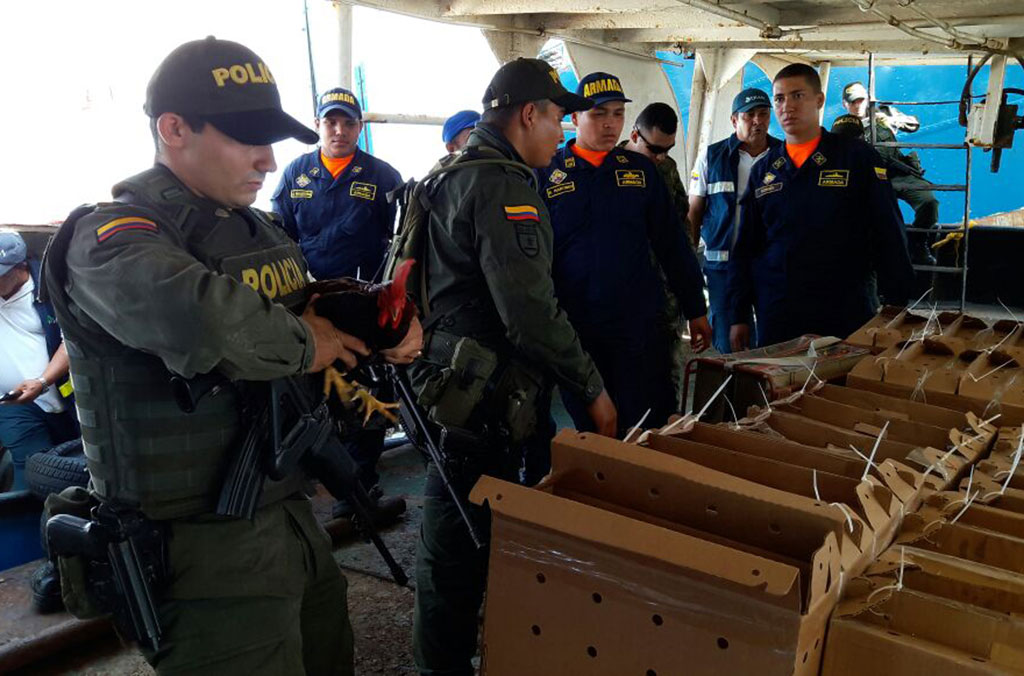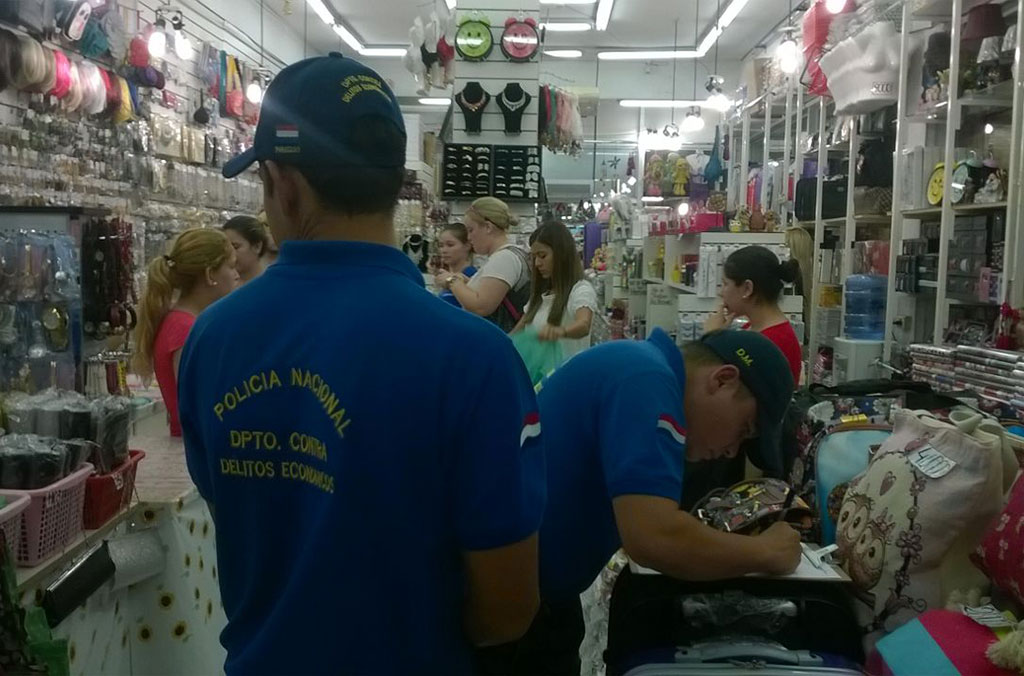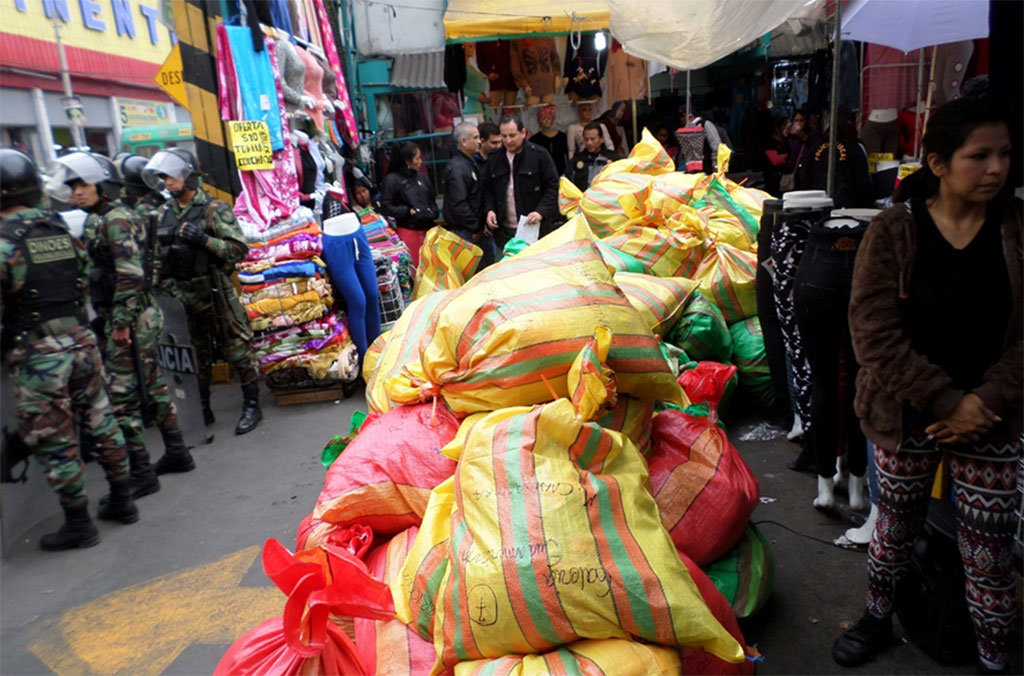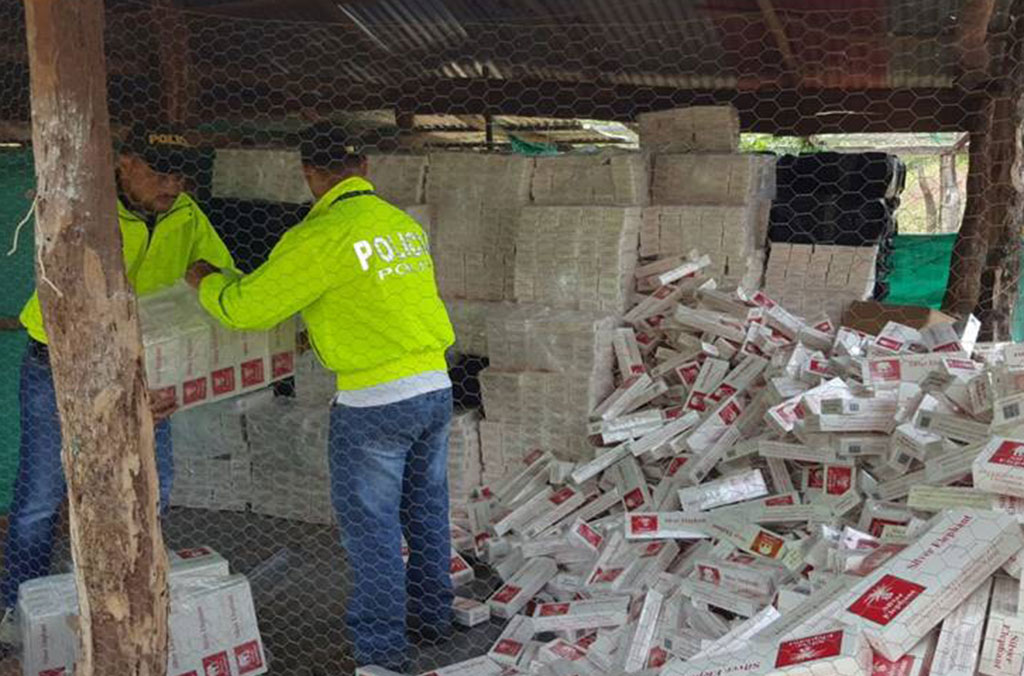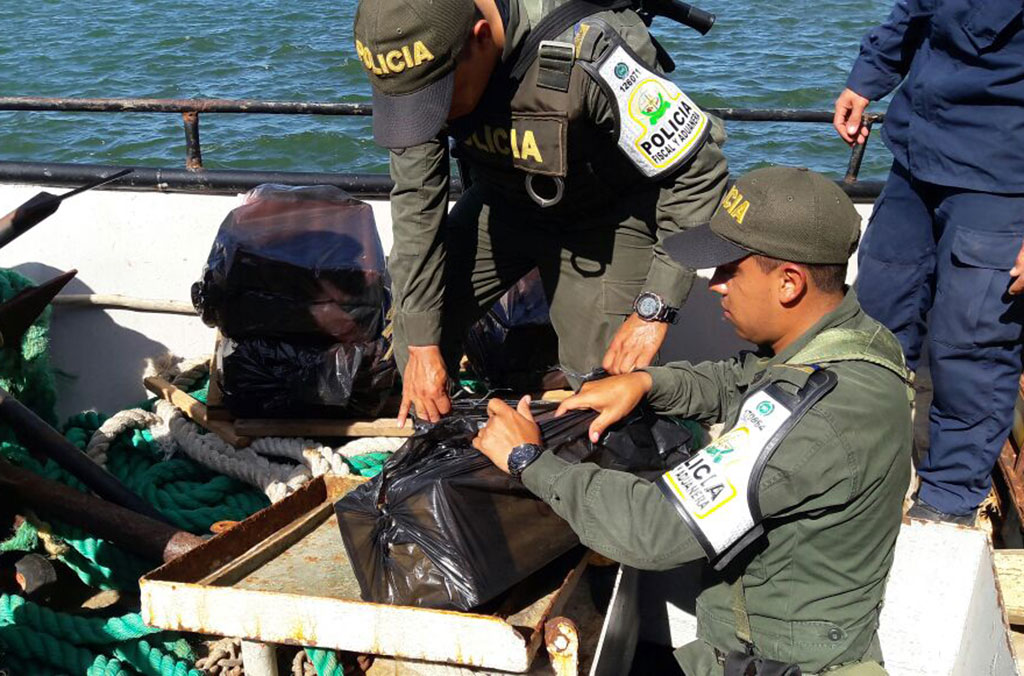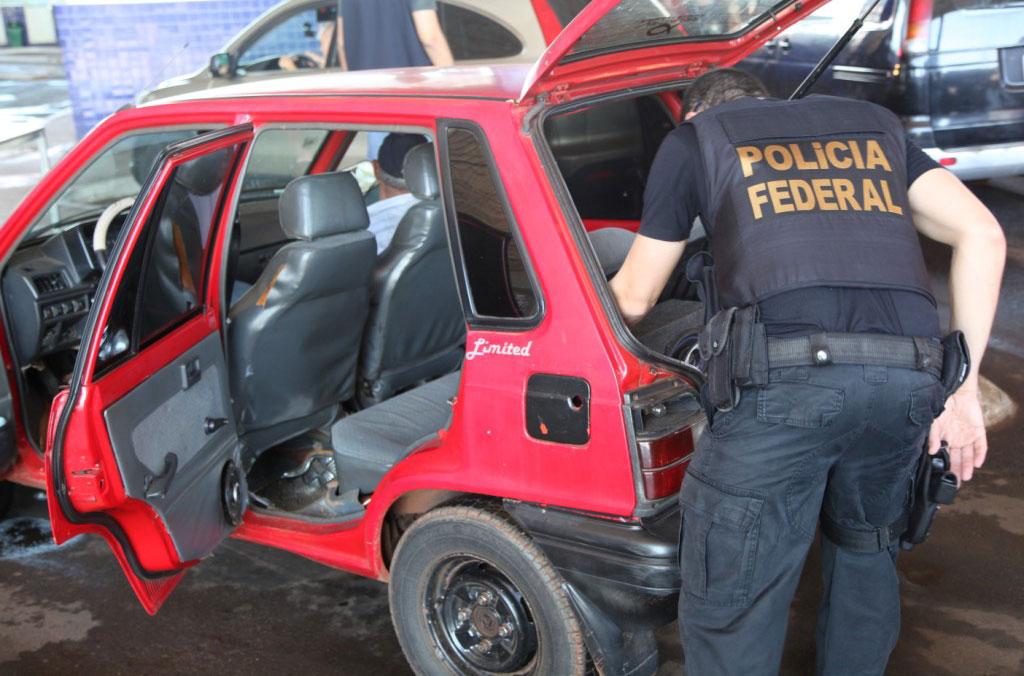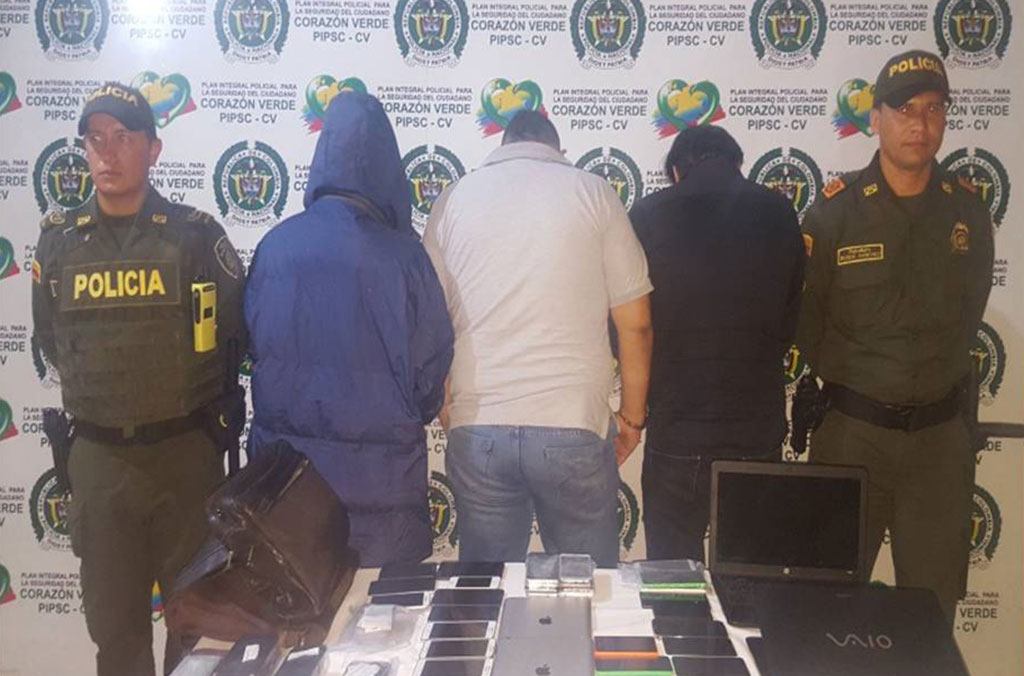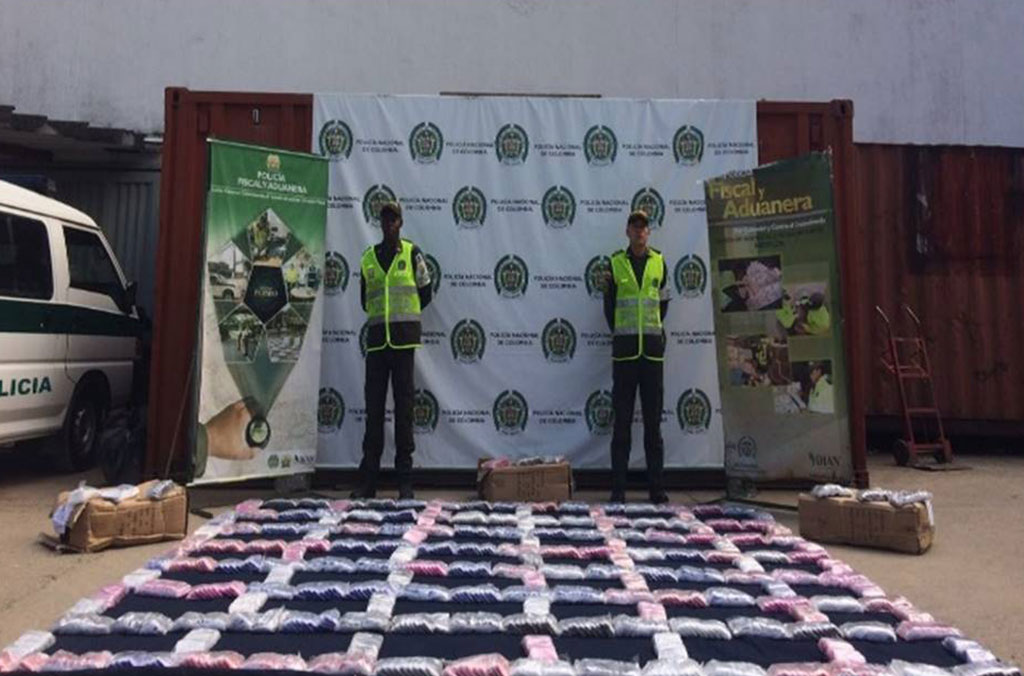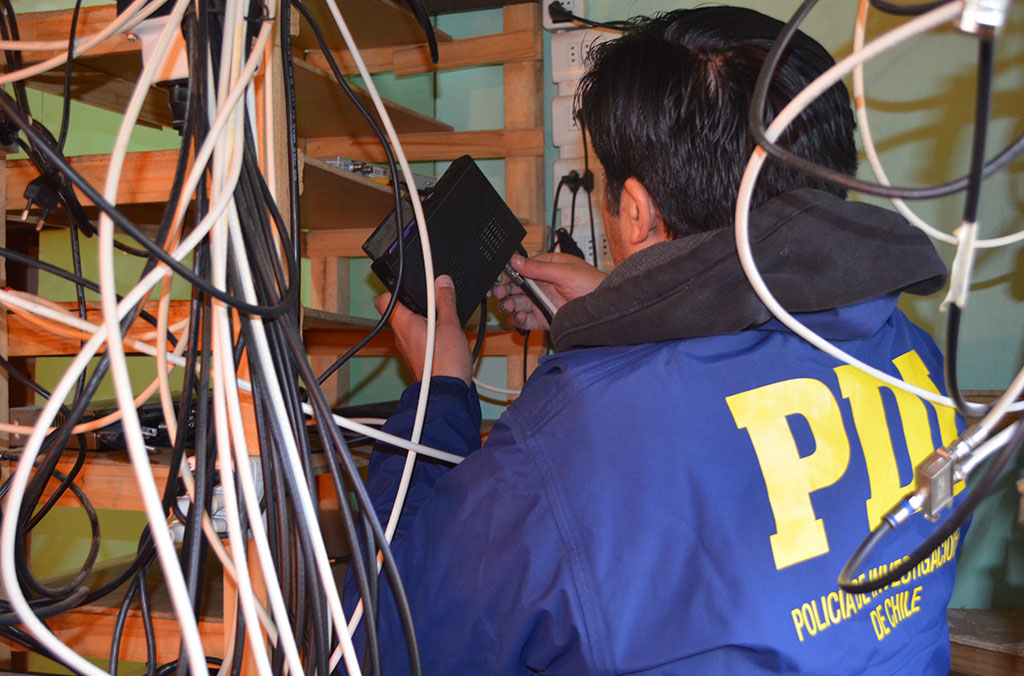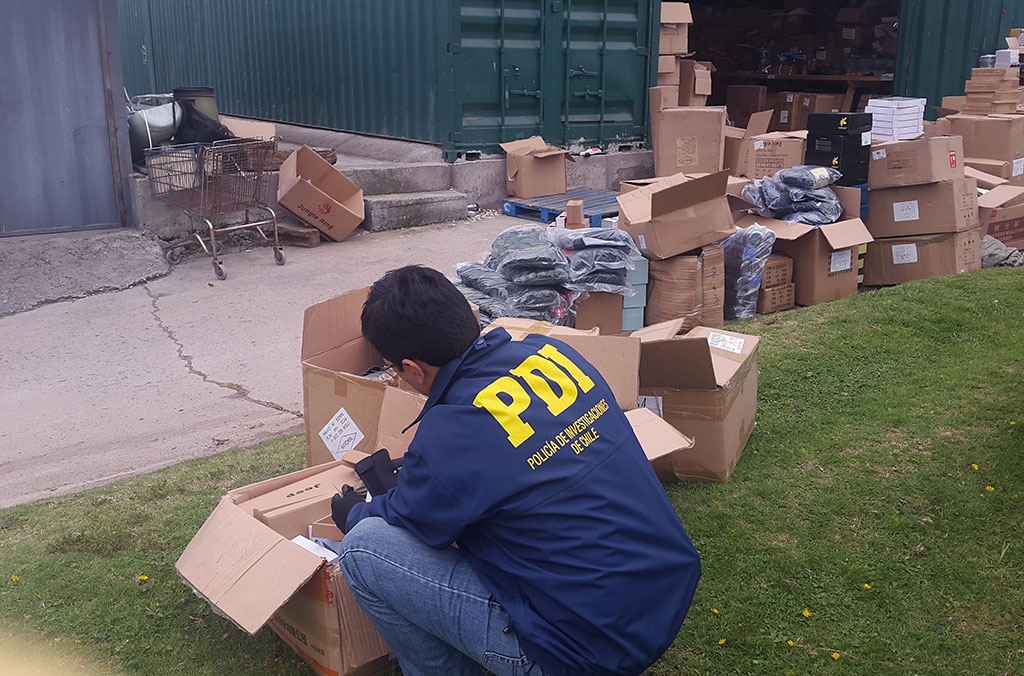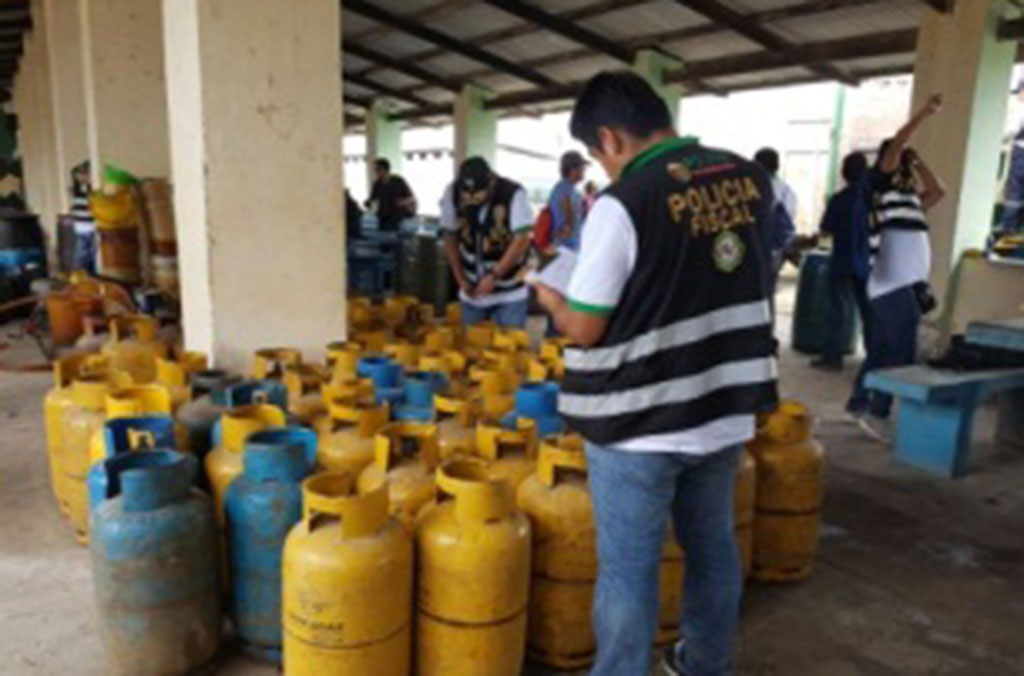LYON, France – An INTERPOL-led operation has resulted in police across the Americas dismantling 34 criminal networks involved in the production and distribution of fake and illicit goods worth tens of millions of dollars.
More than 650 interventions were made by police and customs officials across eight countries during the two-week (1 – 15 October) Operation Jupiter 2016, with nearly 240 individuals arrested or placed under investigation.
With millions of dollars in profits being made through smuggling and counterfeiting operations, the criminal groups do not hesitate to use force in defending their networks and operational bases, meaning many of the interventions had to be conducted with support from specialized armed riot forces.
Food, mobile phones, toys, alcohol and electronic components were among the more than three million fake items worth an estimated USD 93 million seized alongside drugs, guns and ammunition. Information shared via I-24/7, INTERPOL’s secure police communications network, during the operation is now being analysed against the Organization’s databases to identify potential links with other criminal networks.
In Argentina officers intercepted two containers marked as a charitable donation of hospital equipment and supplies, but which also held USD 1 million worth of illegally imported computers, professional film making equipment and drones. Checks of the hospital supplies showed them to be either expired or in poor condition and some containing clinical waste substances posing a serious risk of infection.
Officers in Brazil seized more than 10,000 illegally imported used car batteries, many of which were improperly stored and leaking sulphuric acid and lead – both carcinogenic substances – into the soil, risking contamination of the local water supply.
In Chile, police dismantled two illegal workshops, one broadcasting paid TV channels without authorisation and the other counterfeiting music. In Colombia, intelligence gathered during the operation led to the identification of five criminal groups involved in the production and smuggling of fuel, clothes, alcohol and food.
Officials in Paraguay identified and shut down an illicit tobacco factory and Peruvian National Police dismantled a total of 25 workshops producing a range of illicit goods including clothing, soft drinks, alcohol as well as fake designer labels and tags.
“Operation Jupiter provides an opportunity to harmonize our efforts in combating the criminal networks behind counterfeiting and smuggling operations across the region,” said Vicente Romero Fernandez, Director General of the Peruvian National Police.
“Peru is committed to tackling this form of criminality and also engaging the public to make them aware that buying fake or illicitly traded goods are not bargains, but potentially life-threatening products which fund organized crime networks,” added Director General Fernandez.
The operation was preceded by a planning meeting and capacity building training course at INTERPOL’s Regional Bureau in Buenos Aires. The session, supported by the US Patent and Trademark Office, brought together 40 investigators from nine countries and private sector partners to share intelligence and investigative techniques against counterfeiting and illicit trade.
Countries which took part in Operation Jupiter 2016: Argentina, Brazil, Chile, Colombia, Ecuador, Paraguay, Peru and Uruguay.






